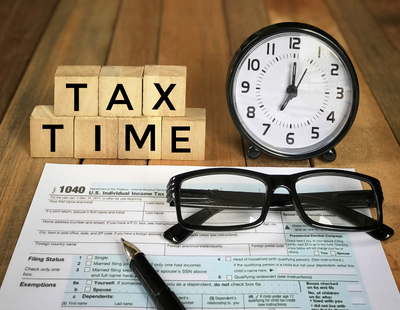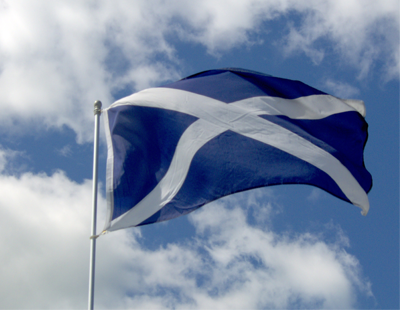
The Scottish Government’s Budget this week is being described as an opportunity to help homebuyers and to make the country an attractive place to live.
Scottish estate agency brand, DJ Alexander Ltd, part of the Lomond Group, said the Scottish Government has an opportunity to support homebuyers by establishing a fairer, more equitable tax on homebuying in Scotland during its Budget on Thursday.
Currently, the Land and Buildings Transaction Tax (LBTT) disproportionately charges a small number of buyers in Scotland much greater taxes compared to those in England, DJ Alexander said.
Last month just 1,910 homebuyers paid 84.3% of all tax, excluding additional dwelling supplement, totalling £42.3m out of a total of £50.2m collected, the agent said.
DJ Alexander added that the personal tax system in Scotland is similarly dependent on a very small number of people paying a disproportionately large contribution to revenues.
The firm is warning that the current combination of the growing disparity of property and personal taxes could lead to more individuals and families deciding to leave Scotland because of the onerous financial burden.
David Alexander, chief executive of DJ Alexander Scotland, said: “This week’s Scottish budget needs to cover a lot of ground without disproportionately targeting one group over another.
“Politicians always talk of fairness, and that those with the broadest shoulders should bear the greatest burden, but we can see that taxes in Scotland increasingly target those who would not traditionally be regarded as wealthy.
“In the property market first-time buyers are punitively charged at a much earlier level than their English counterparts.
“Tax starts at £175,000 compared to £425,000 in England and Wales. Equally the higher rate of property tax is charged from £325,001 in Scotland while this rate isn’t achieved south of the border until properties are worth more than £925,000. In Scotland for properties sold for more than £750,000 just 130 people paid £96,923 each on average contributing £12.6m which is equivalent to over a quarter (25.1%) of all tax raised in one month.”
Alexander added that relying on an increasingly narrow group of people to provide the bulk of tax revenues is a risky policy as wealthier people are always more mobile, and more likely to leave, and never come back if they think they can find somewhere less punitively taxed to live.
He added: “The risk in this Budget is in balancing the need to raise revenue with the need to continue to make Scotland an attractive place to live and work but not at the expense of middle-income earners and ordinary Scots.”















.png)


.png)




Join the conversation
Be the first to comment (please use the comment box below)
Please login to comment